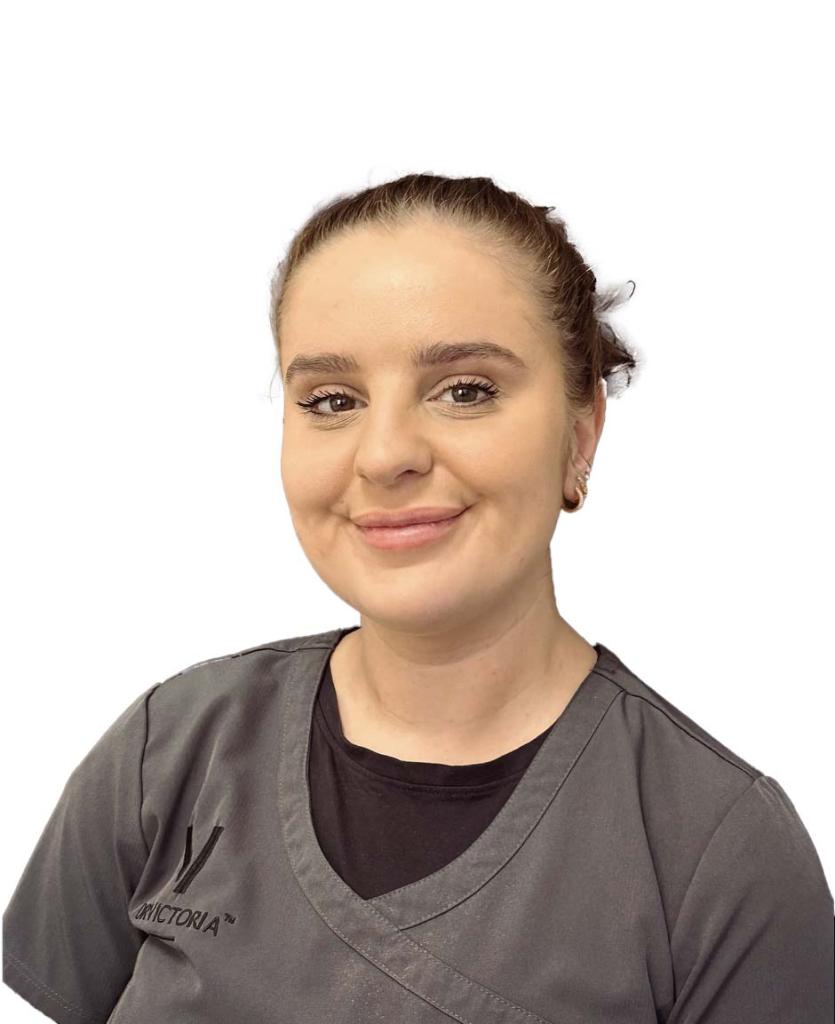While most of us are unlikely to be soaking up sunshine in exotic locations this year - sun protection is a crucial aspect of any skincare routine - even here in Scotland. Thankfully everyone, these days, knows that repeated sun damage can cause skin cancer. However, surprisingly few people understand that unprotected sun exposure can cause a range of skin concerns and premature ageing.
How does light damage your skin?
Sun protection is all about protecting your skin against the ultraviolet (UV) rays of which there are 3 kinds:
- UVA rays have a cumulative ageing impact and penetrate deep into your dermis. They are present all year round and permeate through clouds and glass.
- UVB rays are the "burning" rays and occur in warm summer sun. However, they also help create vitamin D in your skin which is important for health and fighting COVID.
- UVC rays are almost entirely filtered out by the ozone layer and you are unlikely to be exposed to them. Which is good because they cause serious issues such as cancer.
Excess UV rays can damage your skin by increasing the number of free radicals and directly affect your skin's DNA. It is now believed that blue (high energy visible HEV) light emitted from the screens of electronic devices can similarly increase the number of free radicals in your skin.
What damage can occur and how do I see it?
You may experience:
- DNA damage,
- Dehydration due to decreased hyaluronic acid and collagen production,
- Inflammation,
- Decreased immunity and blood vessel damage.
Such damage will likely show as:
- Wrinkles and skin laxity,
- Thin, dry, rough or swallow skin,
- Spider veins,
- Hyperpigmentation or hypopigmentation.
What can I do to protect myself?
Obviously start by wearing sun protection - I answer many frequently asked questions further down. But I want to go beyond that and share with you information not everyone knows.
Boost Antioxidants with Vitamin C and E
Free radicals are atoms that lack an electron and so are imbalanced and unstable. This instability causes damage to surrounding cells and tissue. Free radicals can be caused when a photon of sunlight hits an atom in your skin knocking an electron from it.
Excess free radicals in your skin can be inhibited by antioxidants, which occur naturally in your body and throughout nature. In addition vitamins C and E work together to boost antioxidant protection with a study suggesting improvements of up to 80% (Ref 3). You can use food or supplements with skincare to boost your levels of antioxidants and vitamin C and E.
My top tip here is - make sure you are eating your 5 a day!
Vitamin A
Vitamin A helps maintain healthy skin as it ages and repairs skin damage. Therefore, maintaining optimum levels in your skin is essential in reducing UV damage. You should replenish your vitamin A stores everyday through food or supplements with skincare.
My top tip here is - use a nightly vitamin cream such as DRVICTORIA™ RE-BOOST or RETINOL.
Omega Fatty Acid
Omega-3 and 6 are involved in regulating the inflammatory and immune responses and studies indicate that they support your skin's responses to UV rays at a cellular level (Ref 4). They are also shown to reduce immunosuppression, which affects your boy's ability to fight skin cancer and infection.
Better still omegas help keep your skin hydrated to prevent your skin becoming dry or flaky if you have been in the sun too long.
My top tip here - is eat a naturally oily fish weekly (such as salmon or mackerel), but if eating fish is not your thing then take omega supplements daily.
Below are answers to frequently asked questions I get...
Should I wear a SPF all year round?
Nowadays, SPF doesn’t have to feel uncomfortable to wear (like the sun cream we wore in our childhoods) and there is one to suit every skin type.
- If you have oily skin or want something lighter for the summer, you could go for a gel or oil free SPF - my favourite would be Heliocare 360 Gel Oil Free.
- If you have dry skin or want something more moisturising in the winter, you can opt for a cream SPF - my favourite would be Heliocare 360 Fluid Cream.
I don’t work outside, so do I still need to wear it every day?
Even when working from home, or back at the office, the sun's UV rays can still cause skin damage as they can penetrate through the windows. Windows will protect your skin from UVB rays (which are the ones that cause sunburn) but they do not protect us against UVA rays (which cause premature ageing and cause damage deep down to our DNA).
Also, did you know that the blue light from your electronic devices (e.g. PC, iPad, mobile) could be damaging to you skin cells? The Heliocare 360 range uses an antioxidant called Fernblock (Ref 5) to protect your skin against UVA, UVB, visible blue light and infrared light. This makes the Heliocare range a really unique product which should be a part of all of our ever day skincare.
I already have SPF in my makeup so do I need one?
Having some form of SPF is always better than none and during the winter months in Scotland this may be sufficient - but it will not provide enough protection during periods of bright sunshine. The reason is because you need to use quite a lot of SPF to get the right protection in intense sun (about 3 fingers) and you wouldn’t normally use that much makeup!
Of course, for ultimate protection, you can combine makeup, skincare and sunscreens - if doing so, you want your SPF50 sunscreen to be formulated to allow the application of makeup on top - such as the DRVICTORIA™ SafeGuard SPF50.
Alternately you can get strongly tinted SPF 50’s which provide good coverage. I love the Heliocare Gel Oil Free Bronze and I have not used any foundation in about 4 months since buying it.
I asked Dr Victoria how to choose between her SafeGuard or a Bronzer sunscreen...
"Although SafeGuard SPF50 has a very gentle tint - this is designed to blend with skin tone to help with the application of makeup on top. It is not supposed to be a bronzer. My goal was to have a single sunscreen and moisturiser that was easy to apply at the start of everyday which allows women to adjust their makeup for any occasion. My hope is that more women will protect their skin all year round. So I would say SafeGuard all year and Bronzer sunscreen when you want to boost that summer glow."
Do I have to protect my lips?
Yes! Skin cancer can also form on the lips. To protect your lips you can apply a lip balm or lipstick that contains sunscreen with an SPF30 or higher. Possibly not necessary during the Scottish winter months - but a must when on holiday in hot countries. I would recommend the HydraFacial Lip Balm.
Make it an everyday habit
In conclusion, sun protection is essential 365 days of the year no matter what the weather may be. You can vary the level of your SPF to suit the seasons and apply it through makeup, skincare or specific sunscreens. The best sunscreen option is one you feel comfortable using everyday of your life. However, plan to boost your protection with ACE vitamins and antioxidants whether that's through diet, skincare, supplements or a combination of all thee.
Author's experience
Mhairi has over 8 years experience in skincare and provides IPL or laser treatments for the correction of skin pigmentation and vascular issues caused by sun damage.
References and resource links:
- Ref 1: NHS - Sunscreen and safety
- Ref 2: American Academy of Dermatology Association - Sunscreen FAQs
- Ref 3: Fuchs J. Kern H Modulation of UV-light -induced skin inflammation by D-alpha-tocopherol and L-ascorbic acid: a clinical study using solar simulated radiation. Free Radic Biol Med (1998) 25:1006-12doi:10.1016/S0891-849(98)00132-4
- Ref 4: Angelo, G. "Essential Fatty Acids and Skin health" Linus Pauling Instituted, Oregon State University, February 2012
- Ref 5: Cantabria Labs - Fernblock

